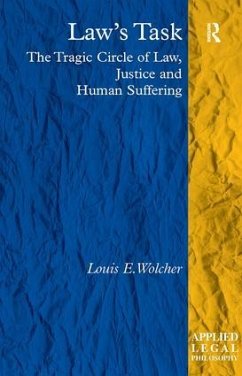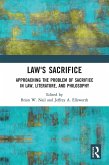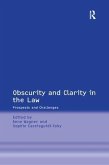What is the ultimate task of law? This deceptively simple question guides this volume towards a radically original philosophical interpretation of law and justice. Weaving together the philosophical, jurisprudential and ethical problems suggested by five general terms - thinking, human suffering, legal meaning, time and tragedy - the book places the idea of law's ultimate task in the context of what actually happens when people seek to do justice and enforce legal rights in a world that is inflected by the desperation and suffering of the many. It traces the rule of law all the way down to its most fundamental level: the existence of universal human suffering and how it is that law-doers inflict or tolerate that suffering.
'This is a ground-breaking work of erudition, empathy and thinking. Wolcher combines seamlessly analytical and continental philosophy to re-imagine the fundamentals of law and jurisprudence. Law's empire is not founded on reason, utility or need but on human suffering. In forgetting this, law increases suffering while jurisprudence legitimises it by concealing the tragic springs of human action. "Pathei mathos" (learn from suffering) said the Greeks. Law's Task reminds us of the centrality of this insight and shows that despite the attempt to obscure its importance it retains fully its relevance and force. This book proves Wolcher to be the most important, imaginative and critical American legal philosopher.' Costas Douzinas, Birkbeck College, UK








